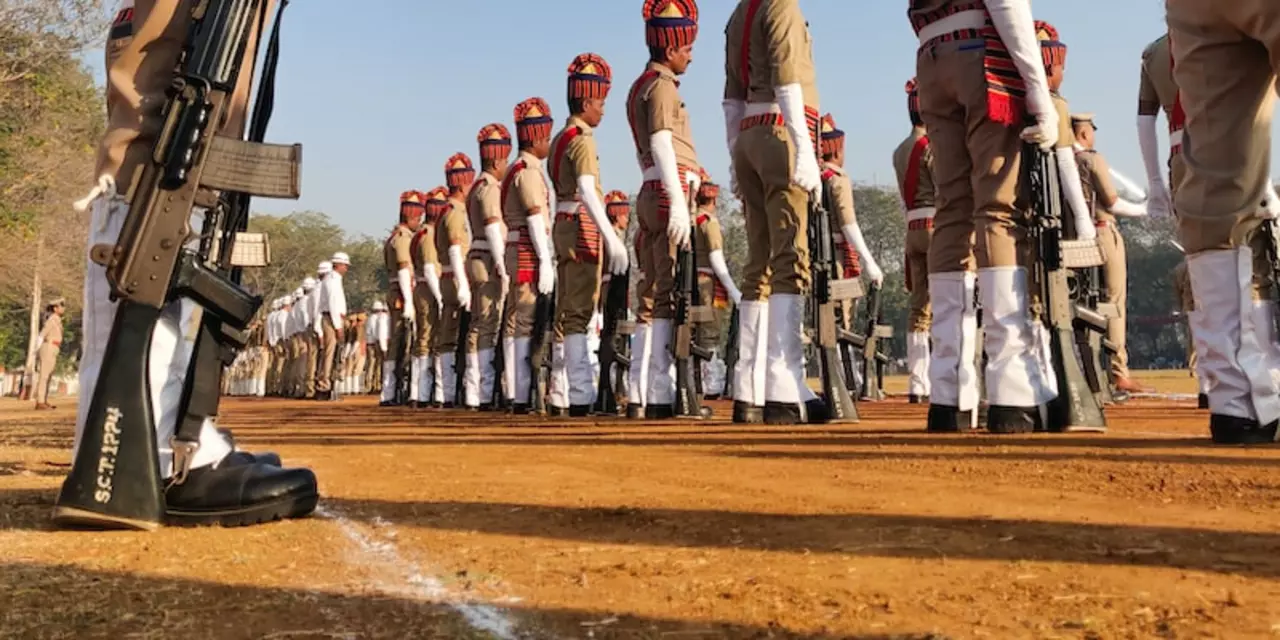If you live in Delhi or visit often, you need to know what counts as a human rights violation and how to act fast when it happens. Human rights problems can show up as police brutality, unlawful detention, discrimination, denial of medical care, forced evictions, or restrictions on free speech. Knowing simple steps—document, report, seek legal help—can protect you or someone you care about.
Police violence in custody is a big issue. I wrote about it in our piece "Why does the Indian police beat up people in custody?" Many detained people face physical abuse, pressure to confess, or poor medical attention. These are not only wrong but often illegal under Indian law. Article 21 of the Constitution guarantees life and personal liberty. The Code of Criminal Procedure (CrPC) and jail manuals set rules for custody and medical checks. If those rules are ignored, you can file complaints with the station house officer, the superintendent of police, or the National Human Rights Commission (NHRC).
Watch for clear signs: unexplained injuries after arrest, refusal to allow family or lawyer visits, detention without charge, denial of basic needs like food or medicine, and discriminatory treatment based on religion, caste, gender, or disability. In eviction cases, authorities must follow legal notice and fair compensation procedures. For protesters, being stopped from peaceful assembly or having equipment seized without order is a red flag.
First, prioritize safety. If someone is at immediate risk, call an ambulance and local emergency numbers. Note names, badge numbers, time, and place. Use your phone to take photos or record short videos—timestamped evidence matters. Ask witnesses for their names and contact details.
Next, report. File a written complaint at the local police station and demand an acknowledgement. If the police ignore it, file a petition with the district magistrate or approach the NHRC or a state human rights commission. For custody abuse, insist on an independent medical examination (called a medico-legal report) and keep copies.
Get legal help quickly. Public interest lawyers, legal aid cells, and local NGOs can help file First Information Reports (FIRs), habeas corpus petitions, or writs in high courts. NGOs often assist with medical care, temporary shelter, and documentation for court. If you can, reach out to civil liberties groups that have experience handling police abuse or housing rights.
Prevention matters. Learn your basic rights: you can refuse illegal searches, you have the right to a lawyer, and you must be informed of charges. Carry emergency contact numbers and keep scanned ID and medical records handy on your phone. Share knowledge with family and neighbors—awareness reduces harm.
Human rights issues can feel overwhelming, but clear steps and quick action make a difference. If you want practical updates or real case coverage in Delhi, check our latest reports and guides on this topic. Contact local legal aid or civil rights helplines for urgent support; keep a copy of all reports and evidence securely now.

The Indian police are known for their violent tactics in dealing with people in custody. There are several reasons why the police resort to physical violence, including a lack of resources and training, a lack of public accountability for their actions, and the fact that violence is seen as an easy way to extract confessions or information. This has led to an entrenched culture of impunity, where officers are rarely held to account for their actions and victims of police brutality have little recourse. This is a major human rights concern, and steps must be taken to ensure that police officers are held accountable for their actions and that people in custody are treated humanely.